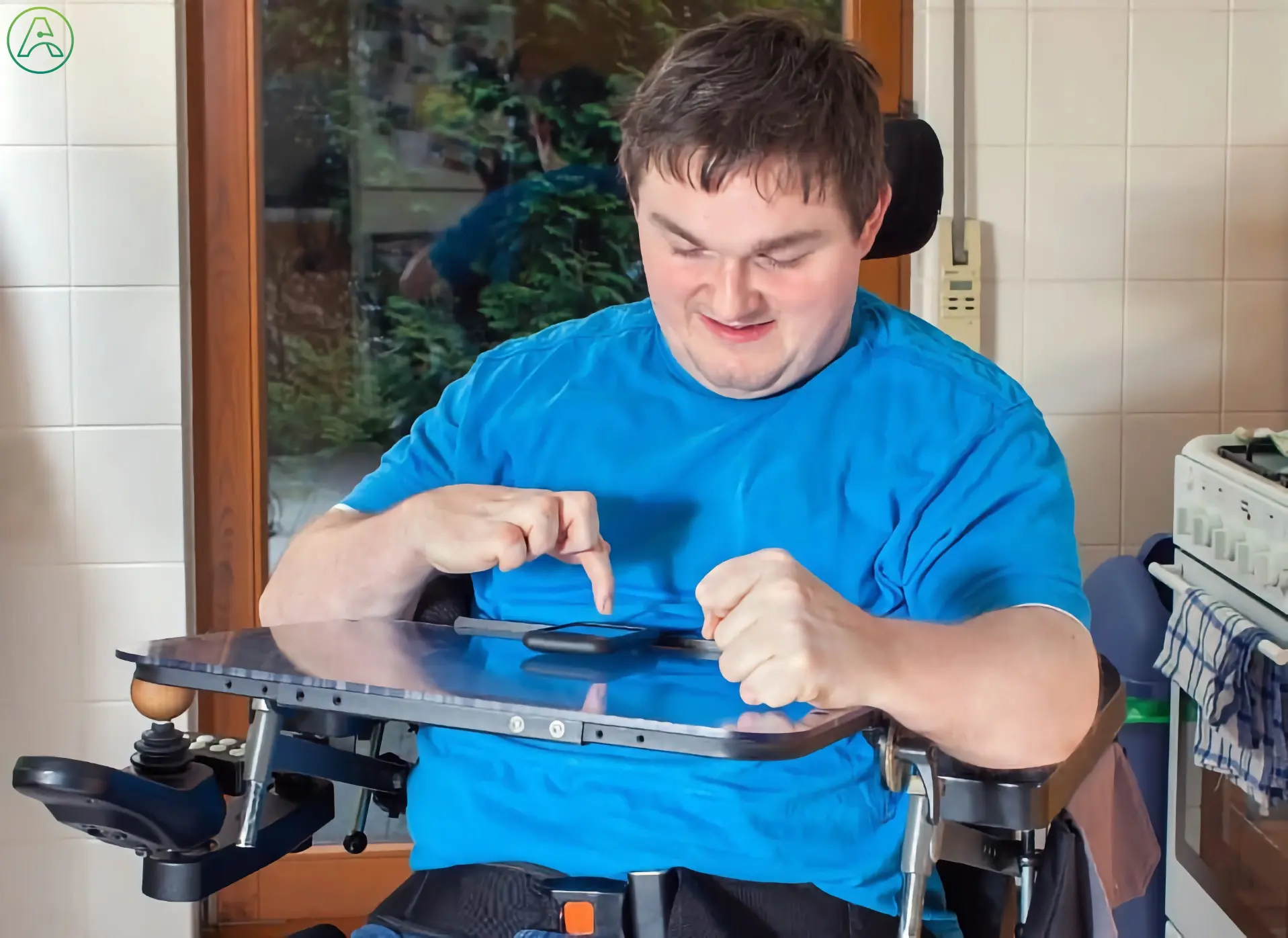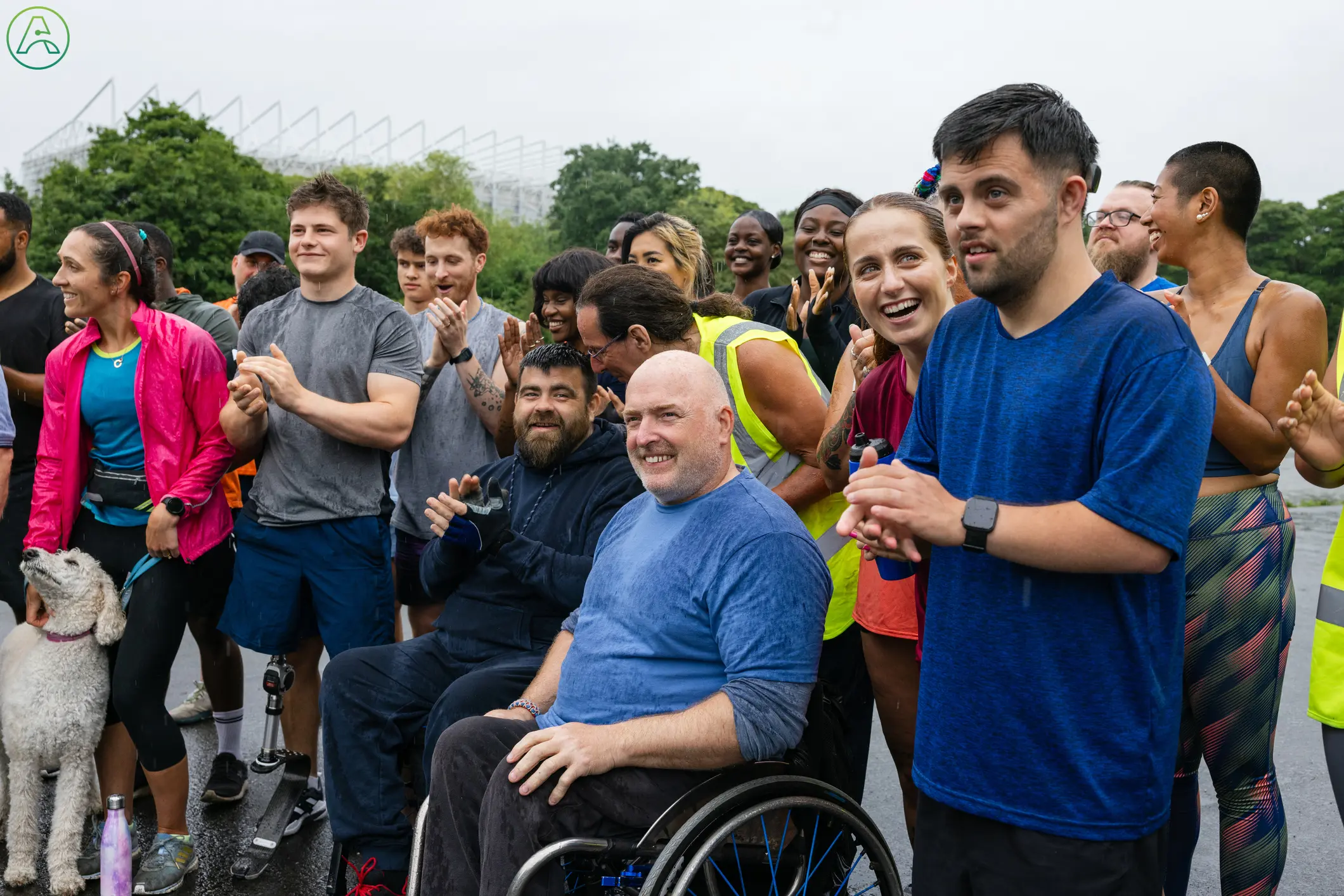Ability Central outlines Cerebral Palsy (CP) treatment options, how CP affects adults, and where to find reliable information online.
Cerebral Palsy (CP) has no cure, but there are many things a caregiver can do to assist their loved one. In this article, Ability Central will address the following:
What does CP mean for the family of the person diagnosed?
What treatment options are available for Cerebral Palsy?
Can people with Cerebral Palsy benefit from nontraditional treatment options?
How does CP affect an adult?
Where to get reliable information about CP
What does CP mean for the family of the person diagnosed?
A Cerebral Palsy diagnosis can initially be overwhelming, but CP doesn’t always cause profound disabilities, and it does not usually affect life expectancy. The degree of assistance needed varies widely by person. Many children with CP have average to above-average intelligence and attend the same schools as other children.
What treatment options are available for Cerebral Palsy?
Although CP has no cure, physical therapy, occupational therapy, medications, and assistive devices can help a child reach their potential. Treatment supports the brain, helps development, and prevents complications.
In general, the earlier treatment begins, the better chance children have of overcoming developmental disabilities or learning new ways to accomplish challenging tasks.
Some of the treatment options available include:
Early Intervention programs can help babies who are behind in their development. They teach families exercises and give tips to help a baby learn new skills.
Physical therapy can help improve motor skills and prevent movement problems from worsening. Physical therapists use strength and flexibility exercises, heat treatment, massages, and special equipment to give children more independence.
Occupational therapy focuses on helping individuals become as functional as possible. It focuses on day-to-day tasks to help individuals develop the skills necessary to optimize their independence.
Speech and language therapy helps people with CP communicate their thoughts and ideas effectively.
Assistive and mobility devices include leg braces, arm braces, communication keyboards, special wheelchairs, and chairs.
Medications may help manage seizures, spasticity, or gastrointestinal issues.
While surgery cannot correct the brain injury that caused Cerebral Palsy, it can sometimes treat the resulting impairment or health conditions.
Can people with Cerebral Palsy benefit from nontraditional treatment options?
While a CP specialist should be the primary caregiver for a child or adult with CP, some people benefit from additional alternative treatments, including:
Hippotherapy or equine therapy involves horseback riding and may improve mobility and posture.
Music therapy can help with motor skills, coordination, communication, language processing, auditory responses, relaxation, and range of motion.
Aquatic therapy entails performing a series of exercises while in the water that a person with CP may not be able to do on land.
Acupuncture may help with additional pain management.
How does CP affect an adult?
As an adult, most individuals with CP will experience some form of premature aging by the time they reach their 40s due to the extra stress and strain the disability puts upon their bodies.
By middle age, individuals with CP may experience hardships, including:
Work complications
Depression
Post-impairment syndrome
Arthritis
Pain
The Cerebral Palsy Foundation specializes in helping adults with CP in each of these areas.
Where to get reliable information about Cerebral Palsy.
Finding reputable information on CP can be challenging because malpractice lawyers back many sources. While researching Cerebral Palsy, consider the following sites:
Healthy Children from the American Academy of Pediatrics
Medline Plus from the National Library of Medicine



